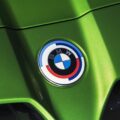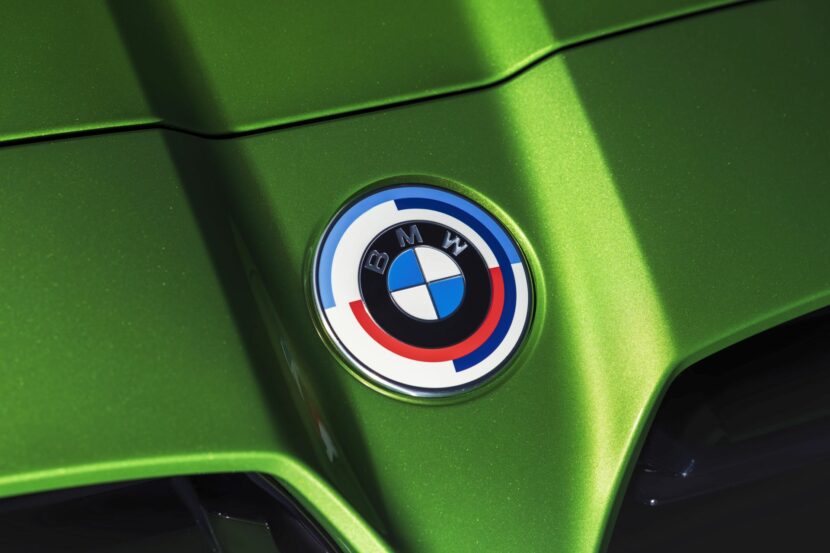One of the biggest issues car makers are facing today is the increased appetite customers seem to have for electric cars. Unlike models with internal combustion engines, EVs need different materials, one of the most important being lithium at the moment. The rare metal is used in EV batteries and since demand is going to ramp up, manufacturers need to find new sources of lithium as soon as possible.
How this lithium is obtained though is yet another important topic. While we’re moving to electric cars in order to make the world a better place, we should also make sure we don’t destroy it more by mining for the raw resources needed to build them. To this end, BMW announced a new investment recently, this time in Lilac Solution, a company that developed a new way of sourcing lithium, using brine.
Brine resources are natural deposits of salt water and Lilac Solutions has a new ion exchange technology that allows them to extract lithium in a more efficient and cost-effective manner. The company seeks to significantly reduce environmental impact compared to conventional methods, while, at the same time, protecting local communities and ecosystems. The technology has already been proven in initial field pilots and must now demonstrate that it can be scaled and industrialized in the mid-term.
“Innovative technologies provide better, more sustainable and more efficient access to raw materials. By investing in startups, we are speeding up development of new technologies, stimulating competition and providing impetus that will make it easier for young companies to access the market,” said Wolfgang Obermaier, Senior Vice President Indirect goods and services, raw materials, production partners at the BMW Group. “By investing in Lilac Solutions, we are supporting technological progress in the field of lithium extraction, with a focus on responsible and sustainable methods.”






































































